Don’t Ignore the Niggle: Why You Should See a Physiotherapist ASAP (and make our job easier)
We’ve all experienced those minor aches and pains that come and go, often referred to as “niggles.” While it’s easy to brush them off as inconsequential, ignoring these seemingly minor discomforts can often lead to more significant issues down the road. That’s where a physiotherapist can play a crucial role in your overall well-being. In this article, we’ll explore why you shouldn’t ignore the niggle and why seeking help from a physiotherapist as soon as possible is a good move.
Understanding the Niggle
A niggle is typically characterised as a mild discomfort, stiffness, or pain that is not debilitating but is noticeable and persistent. These niggles often arise from various factors, such as overuse, poor posture, muscle imbalances, or even minor injuries. While they may not seem like a big deal initially, they can be early warning signs of underlying problems.
The Dangers of Ignoring Niggles
- Progression to Chronic Issues: What starts as a minor niggle can progress into a chronic and more severe problem if left unaddressed. A minor muscle strain or joint stiffness can worsen over time and interfere with your daily life and activities. Once an injury becomes chronic, ie, you’ve had it for more than 3 months, the human brain actually changes pain signals and this presents challenges in rehabilitation. Learning- get niggles, aches and pains attended to quickly.
- Compensation Patterns: When you experience a niggle, your body often compensates for the discomfort by altering your movement patterns. This compensation can lead to further imbalances and strain on other muscles and joints, potentially causing additional problems.
- Reduced Quality of Life: Ignoring niggles can lead to decreased mobility, flexibility, and overall physical function. This can impact your ability to participate in sports, perform work-related tasks, or enjoy your favourite activities.
- Psychological Impact: Chronic discomfort can also take a toll on your mental well-being. The frustration and stress that come with ongoing pain can affect your mood and quality of life.
Why See a Physiotherapist?
Physiotherapists are experts in assessing, diagnosing, and treating musculoskeletal problems. Here’s why consulting a physiotherapist for your niggles is essential:
- Early Intervention: Physiotherapists can identify the root causes of your niggle and provide early intervention strategies to prevent them from worsening. They can create personalised treatment plans to address your specific needs.
- Holistic Approach: Physiotherapists take a holistic approach to healing, considering not only the immediate issue but also its impact on your overall well-being. They focus on restoring function and preventing future problems.
- Education: Physiotherapists educate their patients about proper posture, ergonomics, and exercises that can help alleviate discomfort and prevent recurrence.
- Pain Management: Physiotherapists can offer pain management techniques such as manual therapy, therapeutic exercises, and modalities like heat or ice to relieve your discomfort.
- Preventive Care: Physiotherapists can teach you how to prevent niggles from occurring in the first place by providing guidance on injury prevention and strengthening exercises.
Conclusion
Don’t underestimate the significance of those niggles. While they may seem insignificant at first, they can evolve into more serious issues if ignored. Seeking the help of a physiotherapist at the earliest signs of discomfort is a proactive step towards maintaining your overall health and well-being. Remember, addressing niggles promptly can save you from more extensive treatment, prevent the issue becoming chronic and limit a potential decline in your quality of life.
Take care,
The team @Beachside Physio and Psychology

